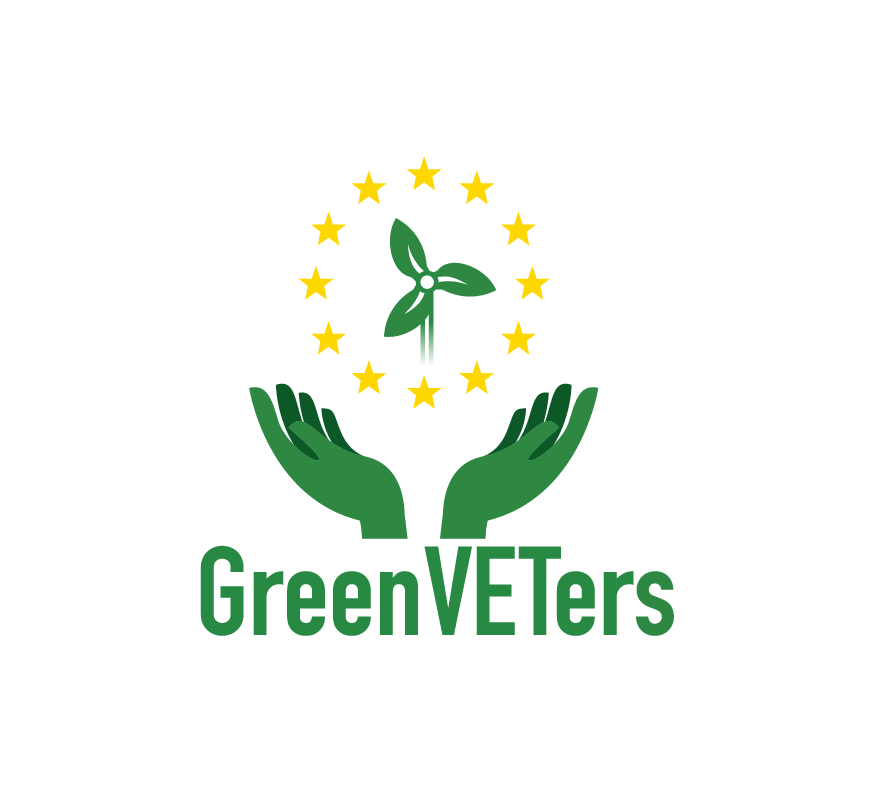Protecting ecosystems is critical for maintaining the balance of our planet’s natural resources. There are several simple actions that individuals can take to make a difference and join global communities with environmental actions.
Below are some useful examples.
Save the bees: One of the significant threats to bees is the lack of safe habitat where they can build homes and find a variety of nutritious food sources. Planting a bee- friendly garden can create a habitat corridor with plants that are rich in pollen and
nectar. You can even buy a beehive and extract your honey as a new hobby.
Plant trees: Trees are vital for providing food, oxygen, and shade. They also help save energy, clean the air, and combat climate change. Planting a tree is a simple action that can make a significant difference in your local ecosystem.
Use Water wisely: Water is a valuable resource in every ecosystem. You can save water every day by changing small habits. Turning off the tap while brushing your teeth, using vegetable-boiled water for watering plants, and taking shorter showers are all
simple ways to conserve water.
Start Composting: Composting organic matter reduces landfill waste and creates healthy soil to feed your garden. You can use easy composting systems at home, such as a compost bin, tumbler, or worm farm.
Volunteer for a Cause: There are various global communities where you can join and be part of actions all over the world for environmental protection. Volunteering your time, skills, or resources can make a significant impact on the planet’s health.
Choose sustainably: Driving less, buying less, and upcycling are all sustainable choices that can reduce your carbon footprint and promote a healthy ecosystem. By making small changes to our daily habits, we can protect the environment and contribute to a
healthier planet for future generations.

